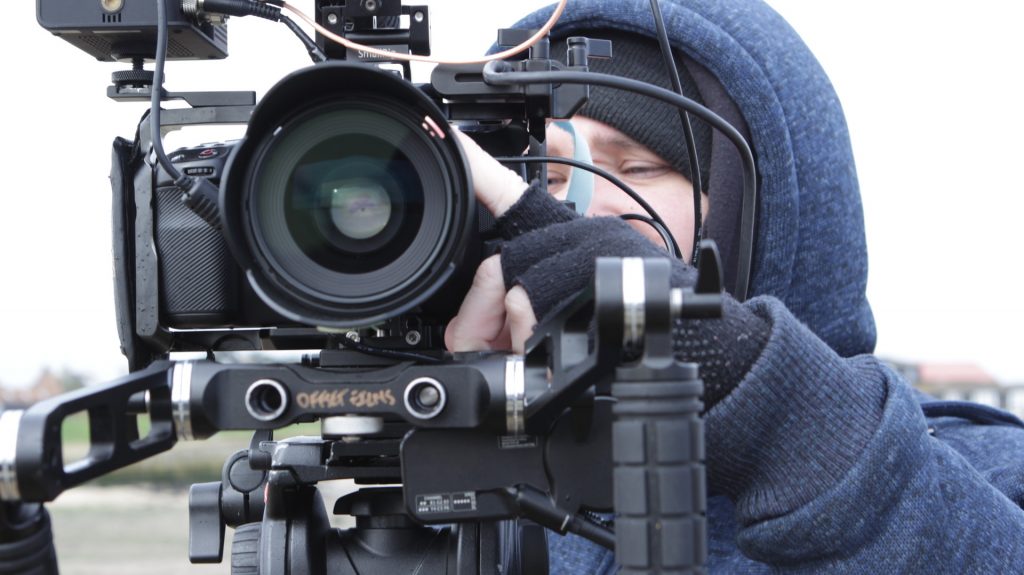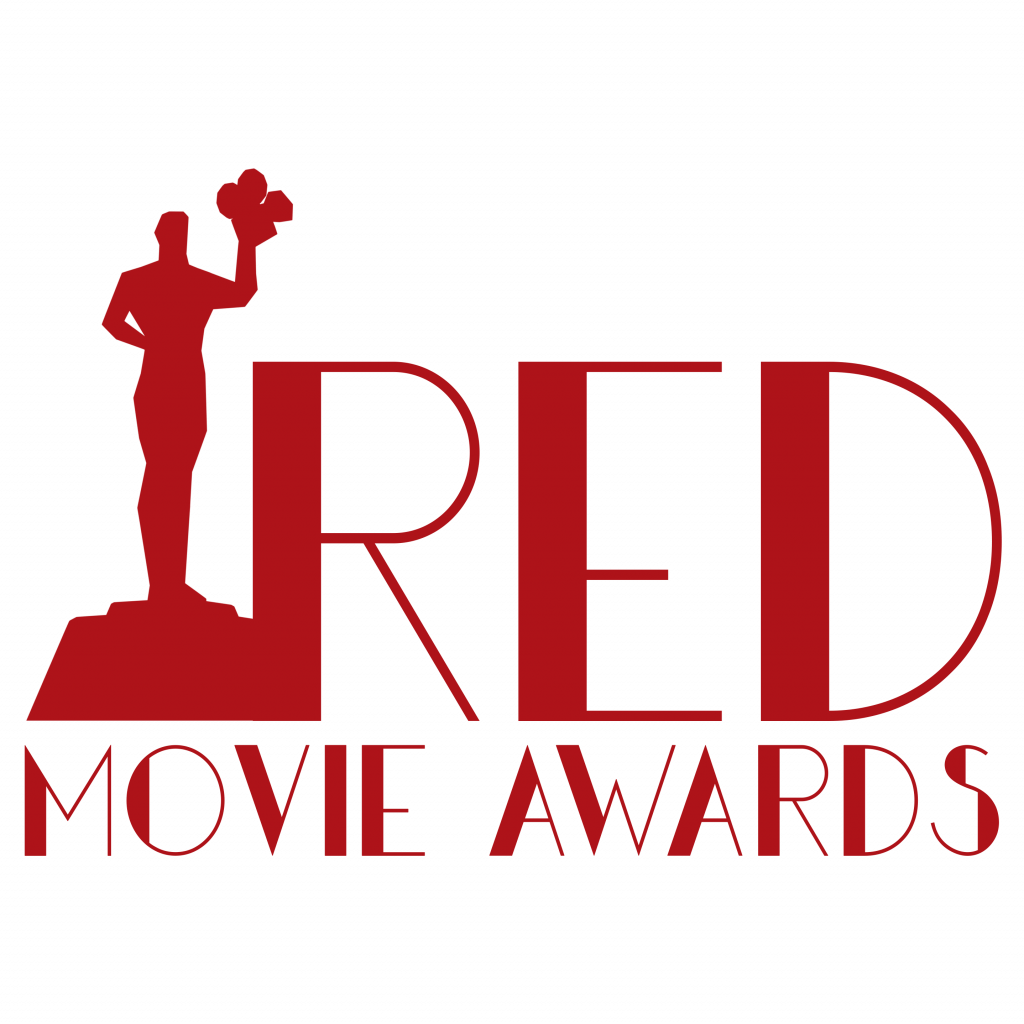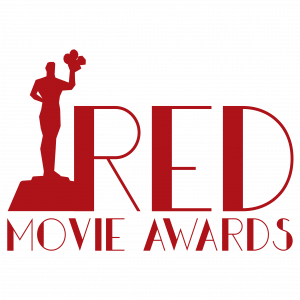THE INTERVIEW
October 19th, 2021
JACK LINSDELL
DIRECTOR OF SOLITARY
BEST SCREENPLAY – JULY 2021 EDITION
I’m a massive movie nerd, I have been for years. I just love films, all genres, from all decades. Films have taught me so much about myself, the world, life, love. They’ve also been my greatest escape in the darkest of times. I suppose becoming a filmmaker is my way of repaying the directors whose movies have had such an impact on me and somehow giving audiences that same sense of being “seen” I felt watching their movies.
Yet, I only realized I wanted to become a director when I discovered the films of Paul Greengrass. I was thirteen, sat biting my nails, crying, mouth gaped wide open as the navy SEALS took out the Somali pirates that had kidnapped Tom Hanks at the end of Captain Phillips. Paul says that directors are born from isolated kids who find peace and joy in the darkness of a cinema screen. That is definitely true for me. Watching Captain Phillips made me realise I wanted to be just like Paul, making films that were so captivating they pushed you to the edge of the emotional experience we call being human.
Films have taught me so much about myself, the world, life, love.

I’ve always written stories. Aged eight, I self-published my own childrens book and always remember the buzz i felt when the teacher read it out to my class at school.
Everyone was laughing, captivated, on the edge of their seat. That sense of telling stories that entertained people and brought out such intense emotional responses has led me into scriptwriting and subsquently filmmaking. When I left school, I started like any indie filmmaker does – armed with a cheap camera and using his parents as actors, I began making films in my local town.
I learned, made mistakes, some truly terrible short films that will be destined to stay on a hard drive yet have formed such integral part in my journey. I’ve written all my life but only been making films seriously in the past three years, so I’ve still got a long way to go. My plan is to turn a lifelong hobby and passion into a vocation, one I get paid for hopefully too !
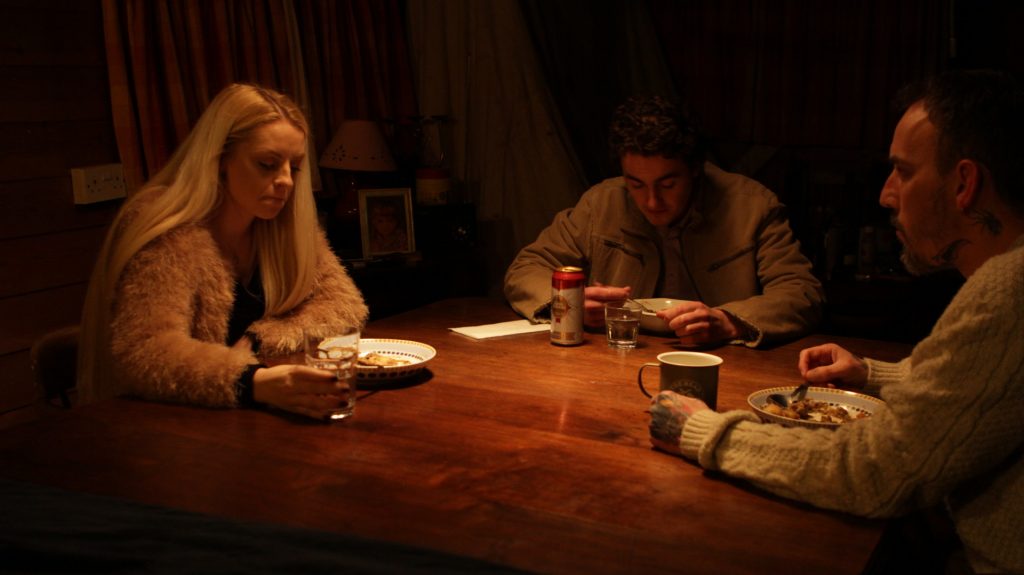
I write from personal experience. Even if the story is fictious or highly dramatized, all of my films are born from very raw and real emotions, talking about issues that have affected me or those around me. I cannot write otherwise. Deconstructing my life and myself through a film project, exploring a certain issue, theme or emotion is my way of understanding why things have happened in my life and what learning and lessons I can take from it. For Solitary, the themes of isolation and mental health have massively impacted me and my life, way before they became understood and appreciated in the way they are beginning to now.
I wanted to create a film and a character in Rick to which I could make those around me understand the impact desperation and isolation has on people. I also think it’s really important to be empathetic.
Every family and relationship has conflicts, every person has traumas and insecurities. But, if we don’t listen to one another, these things unravel to points of no return. For me, Rick spends the entire film trying to get Shailene to listen to him.
When he does, albeit through morally questionable ways, Shailene eventually understands him in a way she has never before. This allows them to begin down the path of healing and growth, an important message in my view for everyone. Cinematically wise, the 2019 pyschological thriller Greta starring Chloe Grace Moretz and Isabella Huppert was a massive inspiration. I loved the complexity of the characters, the old-fashioned charm of the story.
The entertainment came from Neil Jordan’s carefully crafted story, no explosions, soundtracks or big action sequences in sight. That sense of letting the story be the driving force of a film is something that has become incrediablly underrated and thus Solitary was my way of bringing it back.
I wanted to create a film and a character in Rick to which I could make those around me understand the impact desperation and isolation has on people. I also think it’s really important to be empathetic.

A director’s relationship with his actors is a complex one. At times it’s very challenging. They are often going into scenes blind, unable to see how it will all look and play out in your head and indeed how it is coming across on the monitor. Directors have to have faith that the actors will deliver when required and somehow bring your beloved characters to life in a way that audiences will relate and respond too.
Thus, there’s a lot of trust needed on both sides. I’d be lying if I said it was an easy relationship to maintain. For me, it comes down to listening, mutual respect. Although I’m very specific in my vision for how I want an audience to feel about certain characters, I like to give my actors the freedom to play around and develop them, to give characters’ a unique identity. Ultimately, it comes down to preparation and communication.
We rehearsed as much as we could before the shoot, together and seperately. The actors then lived together for the shoot, allowing them to form a bond and chemistry which then translated to the screen. Before each scene, I would try and reherse it with them, going through the blocking, getting everyone to understand what the intentions are in the scene for each character and how they and I could best show these to the audience.
Luckily, the actors on this project were an utter dream to work with and I’ve been so pleased to see them all pick up awards and recognition on the festival circuit for their performances.
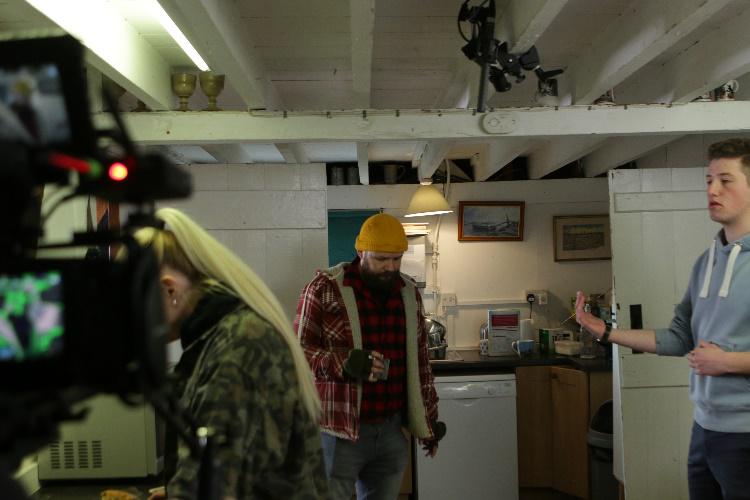
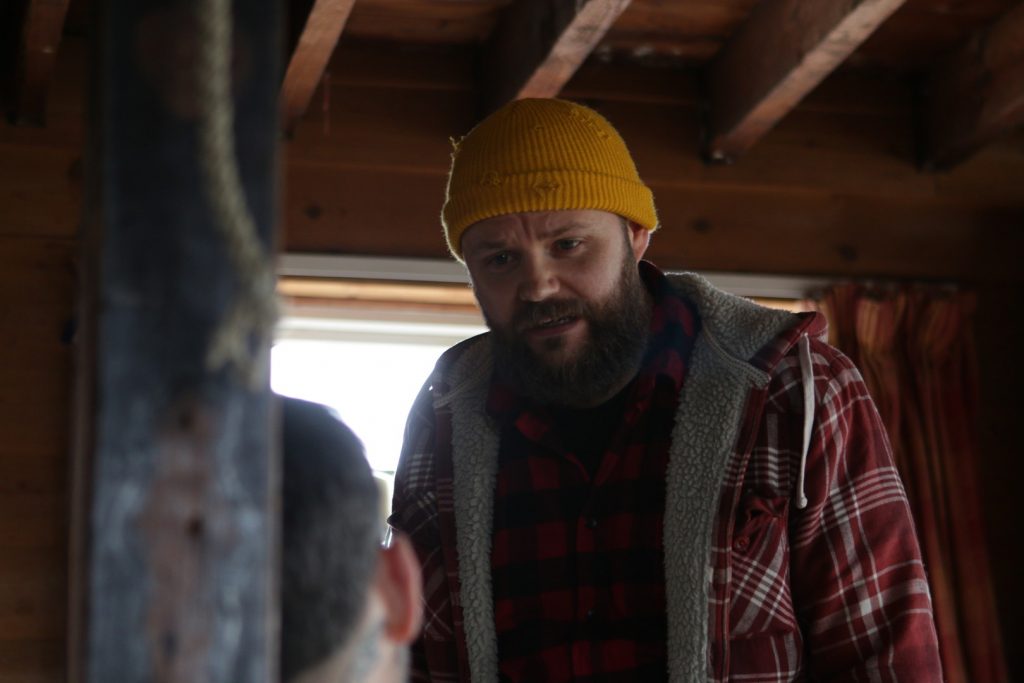
The film is incredibly powerful and provoking. The issues are hard-hitting and the audience is certainly taken on a journey that feels at times raw and uncomfortable.
The only way to create that is authenticity. Having those onboard, from the actors to the crew, who understand the seriousness and importance of the story and characters is what creates the power that comes across on screen. I was truly blessed to work with such giving and creative people who turned what was a very tough, demanding and tight shoot into the experience of a lifetime. It’s a credit to how much they gave, the passion they had for this project, that this film has achieved the acclaim it has. I am truly grateful.
Firstly, it’s a massive honour to win the RED MOVIE AWARD for Best Screenplay.
Before I was a filmmaker, I was a writer which is what I consider my true craft. And, this makes this award just that little bit more special for me. The script was written in four weeks. I didn’t plan or outline the story, just wrote from the heart and the story kind of organically formed in the process.
I think that’s an underrated part of screenwriting young creatives aren’t taught these days. Get it all out and on the page. Write personal. Write from the heart. If you make something authentic to the human experience, something which resonates, the audience will always turn up.
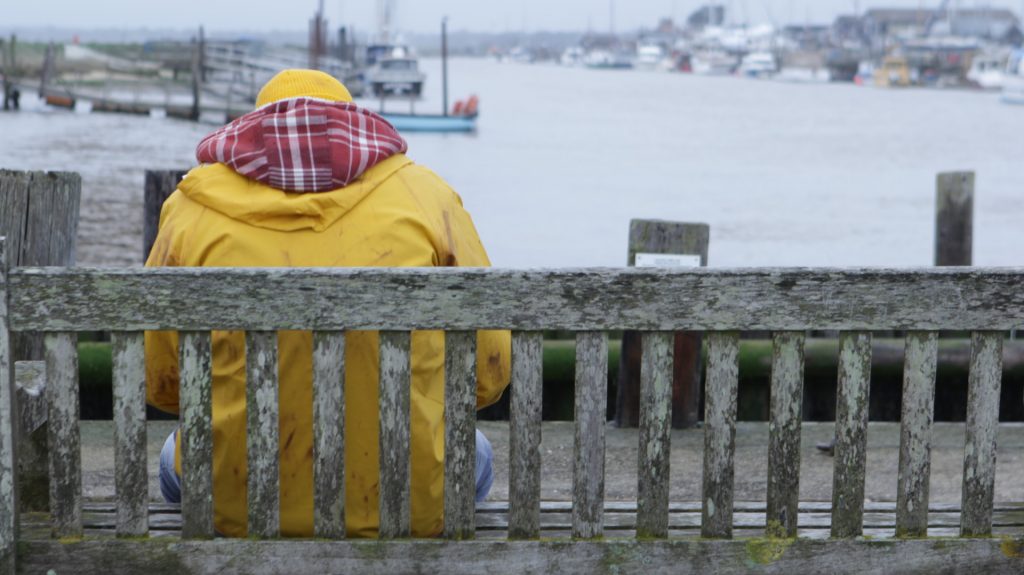
The script was written in four weeks. I didn’t plan or outline the story, just wrote from the heart and the story kind of organically formed in the process.
Absolutely. When I first wrote SOLITARY, it felt like the world didn’t understand these issues and there was definitely a stigma society was putting around them. For me, Rick (played so brilliantly by Dan Rutter) was the perfect representation of this and I see him as a key part in breaking down some of those barriers.
People think, or certainly thought, that isolation was just about being physically alone. But, it’s that sense of being emotionally and mentally alone too that so many people underestimated. That is, until COVID struck and plunged the world in a lockdown for two years. It’s so refreshing to see the majority of people now being able to go, you know what, I get it. Not just isolation, but mental health. Rick is such a complex character, but even when he does things that are morally questionable, it all comes from that overwhelming feeling of desperation.
That’s something that until this pandemic, many people didn’t realise, the power desperation and isolation has over an individual and that they can’t, rightly or wrongly, be judged purely on the way they are behaving. We have to dig a little deeper. If nothing else, that’s a message I hope people take away from this film.
People think, or certainly thought, that isolation was just about being physically alone. But, it’s that sense of being emotionally and mentally alone too that so many people underestimated.

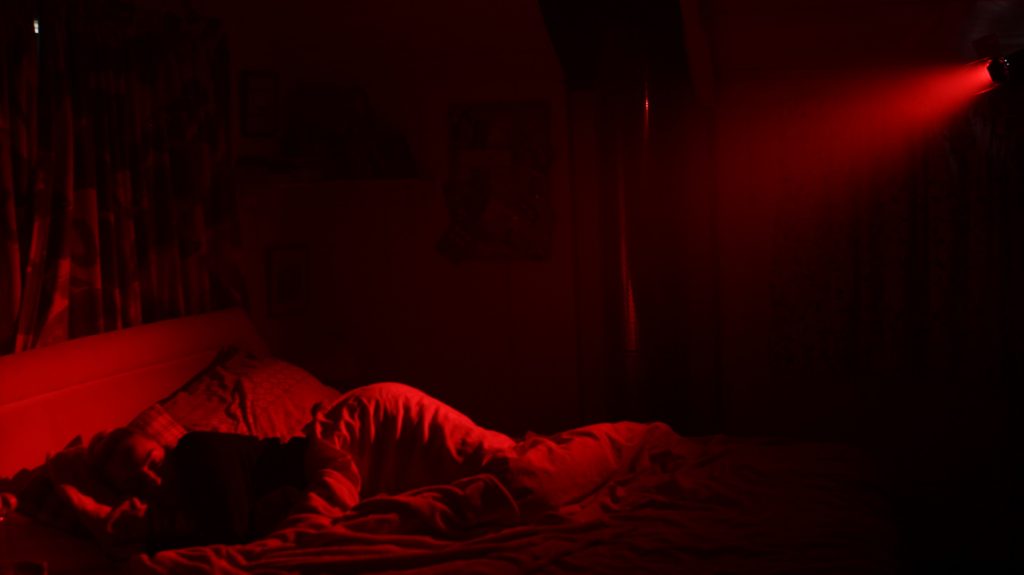
SOLITARY was completely self-funded by me. I put my entire savings into getting the project made and subsequently dived head-first into running the production.
Being so young and at the time, inexperienced at putting together big productions certainly created a lot of challenges. But, that’s the best way to learn. Honestly, by diving in, scouting locations, signing contracts, auditioning actors, risk assessing stunt work, every element of production I did and learnt. It’s been the biggest challenge and the proudest achievement of my life all at once.
I was also blessed to find truly gifted people to help make my movie. I owe so much to my amazing DOP and colourist Laurence Scott at Offset Films and our incredible sound technician and gaffer Nathan Maskey (from BN Media) for their guidance, creativity and dedication. Films are truly a collaboration and SOLITARY wouldn’t of happened like it did without them.

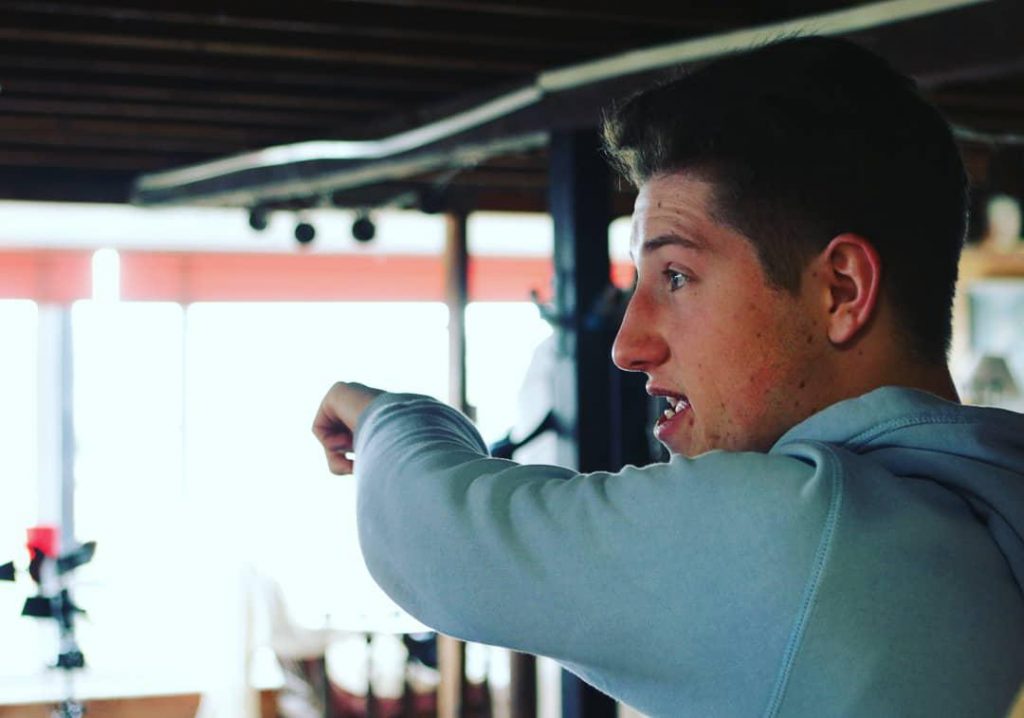
Yes, definitely! What filmmaker doesn’t ? The biggest change was in the story. The film’s middle act involved a lot of action set pieces and stunt work, ending with a moment where a fight leads Rick to fall off the balcony.
Both due to time (we shot the film in just five days) and money, most of this got cut out. We’d almost finished filming back in March 2020 when the first lockdown hit in the UK.
This allowed me to assemble about 35 minutes of the movie in rough form over the coming months. We had one day left of filming to schedule in, most of which was this second act action sequence. I realized in having assembled most of the movie, that I was missing the middle act of Shailene and Brad’s emotional journey.
Thus, I rewrote the second act, replacing the action with a character-based dialogue scene set in the bedroom when Brad comes to visit Shailene with a box of chocolates. I’m so grateful I did this because even though I’d compromised on the stunts and tension, I’d made sure the emotional journey of these characters was endearing and tied up for the audience. All compromises on a film a director has to make end up producing a movie far better than you could ever imagined. At least that’s what I tell myself!
Films are truly a collaboration and SOLITARY wouldn’t of happened like it did without them.
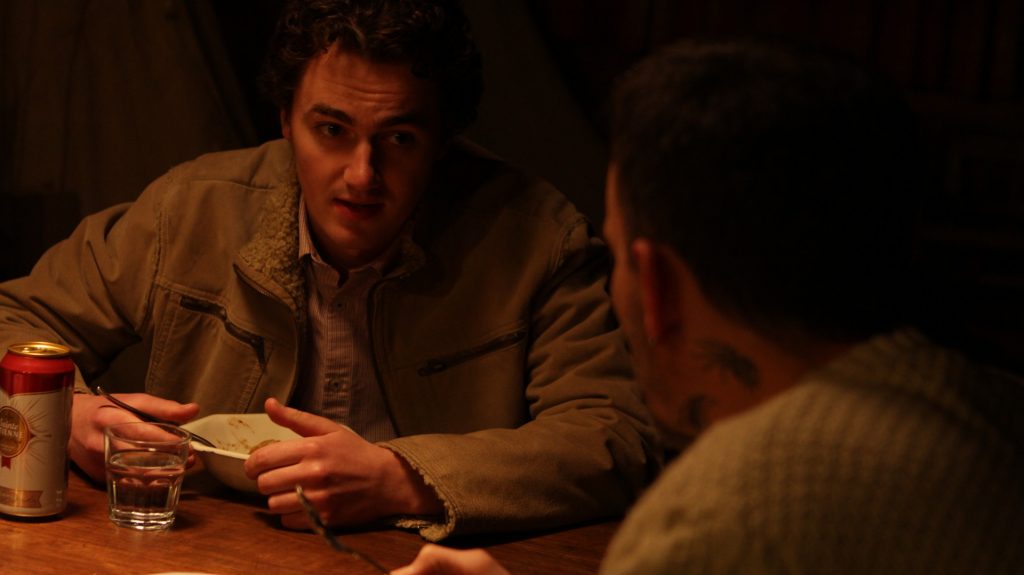
I’m currently in pre-production on my next project The Call Out, a comedy short we begin filming in October. It’s reuniting me with most of the cast and crew of SOLITARY, including Dan Rutter and Adam Gammage (who played Jimmy), which is super exciting.
To make films with such creative, hard-working and generous people who I also consider lifelong friends is a massive privilege I don’t take for granted. I’m also writing and prepping my next feature-length project, a romantic-comedy which we aim to film next summer. I’m very excited for that. In short, I will continue making films, that aim to grow in size and scope of production, and fulfill my life-long passion to connect audiences across the world with endearing, relatable and entertaining stories. Movies are such unifying mediums that connect human beings with each other across the world. To be a small part of that industry making some of those films, would be the greatest honor I could possibly think of.
